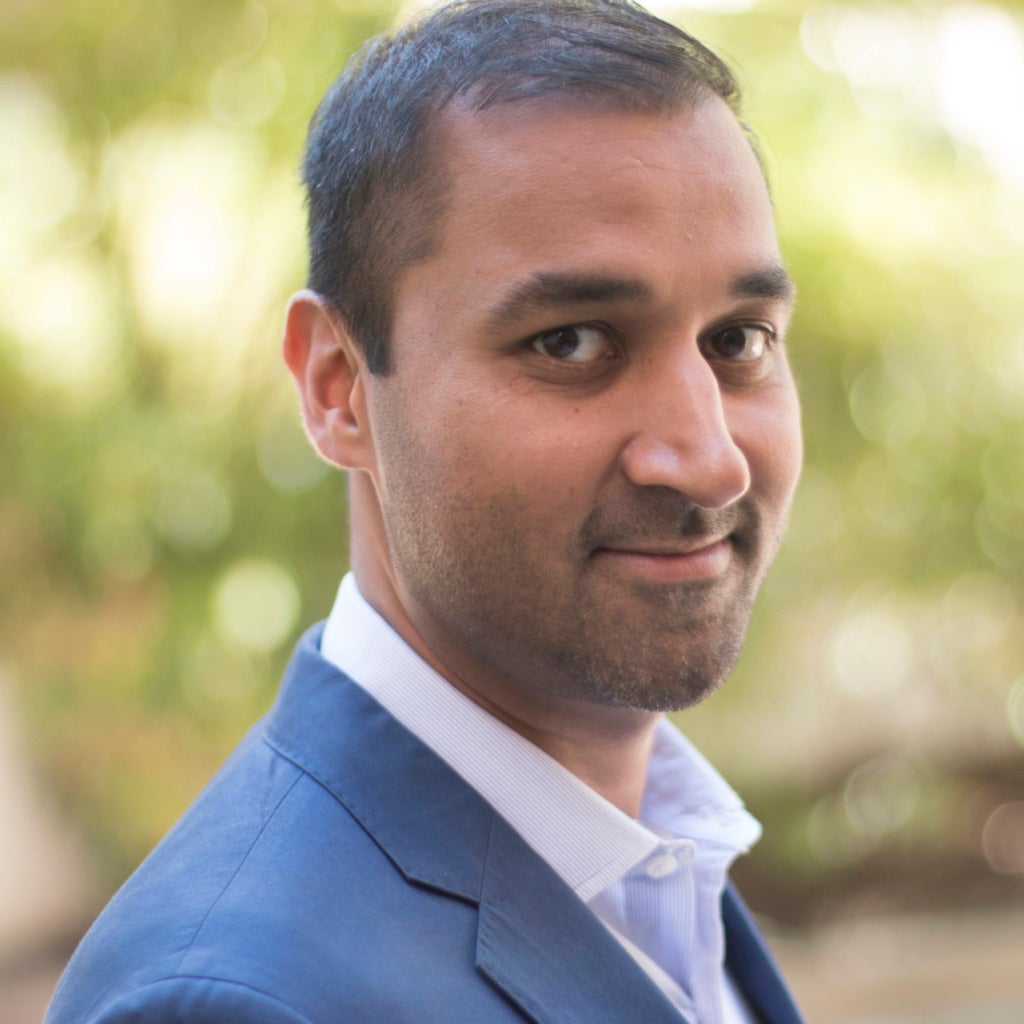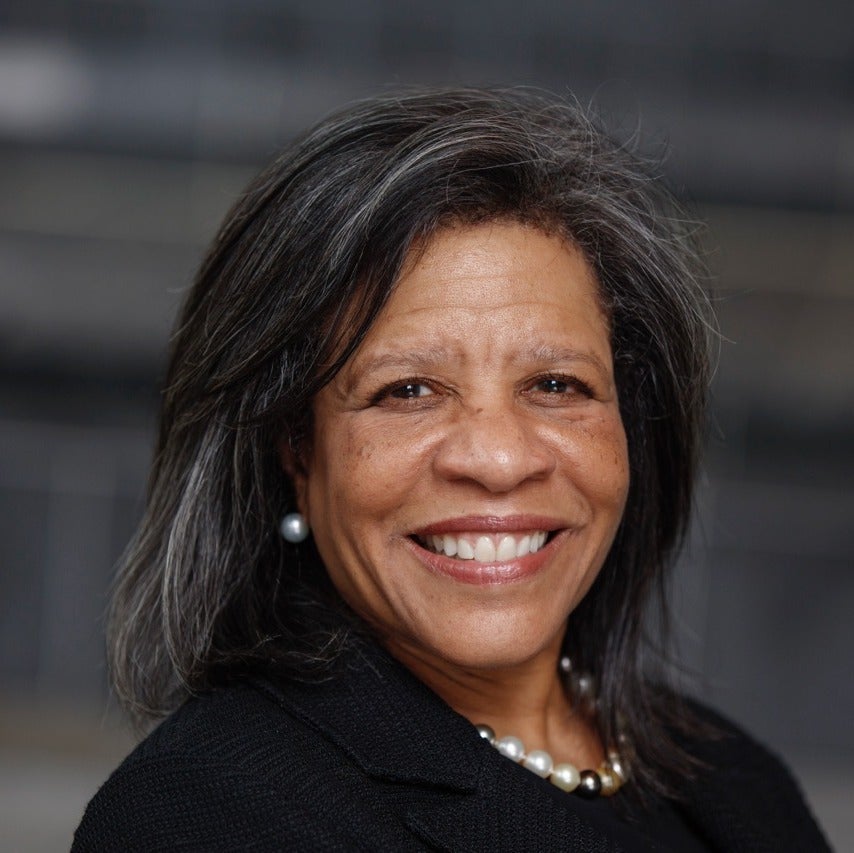In the United States, a dominant narrative that having a job equals financial security persists, yet the majority of workers in America have jobs that do not allow them to achieve financial security. In fact, many workers lack benefits, have low earnings, and live in poverty. The type of job matters: workers with full-time, permanent positions and more robust packages of benefits do better than those without access to those options.
In a report developed together with its Consumer Insights Collaborative, the Aspen Institute Financial Security Program explains how work arrangements relate to worker benefit provisions, and how both work and benefits together determine if workers will have a reasonable shot at financial security. The research explores why there are persistent disparities in financial security outcomes for low- and moderate-income (LMI) workers, especially Black and other workers of color, women, and young workers, and sheds light on the conditions that do support financial stability for LMI workers.
Pandemic or not, full-time work with comprehensive benefits is becoming less common and less accessible. How should policymakers and business leaders design alternative ways to enable workers to achieve financial security? What are the on-ramps we can create as we build a new system of interoperable public and private benefits which could truly improve the financial security of people across America?
The Aspen Institute Financial Security Program and WorkRise explored our research and held a conversation about building better on-ramps to financial security and economic mobility.
Speakers:

Sarika Abbi, Associate Director, Financial Security Benefits Innovation, the Aspen Institute Financial Security Program, @AspenFSP
Sarika is an Associate Director for the Aspen Institute’s Financial Security Program. She leads our Benefits21 work to modernize the design and delivery of benefits to ensure the financial security and economic dignity of all workers. She has spent nearly 15 years in financial inclusion and financial security work, both internationally and domestically, with expertise in program management, product design, research and evaluation. Prior to joining Aspen FSP, she was the Assistant Director of the San Francisco Office of Financial Empowerment, directing its Economic Mobility Lab to test and scale innovations that strengthen the economic security and mobility of low income San Franciscans. She developed and managed strategic partnerships with City departments to design and embed financial solutions into their work, including innovative ways to reimagine benefits so workers and their families can achieve stability and long-term financial security. She also worked at Commonwealth (formerly D2D Fund) to design, pilot and evaluate financial innovations, helping lead a new area of work on emergency savings. Prior to that she worked at ideas42 and collaborated with financial institutions, funders and academics to design, pilot and evaluate financial innovations internationally.
Sarika earned her Master of Arts in Public Administration from New York University and Bachelor of Arts in Economics from the University of California, Berkeley.

Anmol Chaddha, Research Director, Equitable Futures Lab, Institute for the Future, @anmol
Anmol Chaddha leads the Equitable Futures Lab at the Institute for the Future in Palo Alto, CA, which develops solutions to the problems of social inequality in response to ongoing economic and technological transformations. He is currently managing the California Future of Work Commission created by Gov. Gavin Newsom to develop a broad agenda to promote economic equity in California. Anmol has extensive policy and social science research experience in economic inequality, racial inequality, low-wage work and job quality, debt and wealth. He previously developed policy and research at the Federal Reserve Bank of Boston on the problems of economic inequality. At the Fed, he established an initiative to improve the quality of jobs in low-wage industries, led quantitative research on racial wealth inequality, and examined the rising debt burdens of low-income families. Anmol holds a PhD from Harvard University, where he was a Fellow in the Multidisciplinary Program in Inequality and Social Policy at the Kennedy School of Government, and a BA from the University of California, Berkeley.

Sheida Elmi, Research Program Manager, Insights and Evidence, the Aspen Institute Financial Security Program, @sheidaelmi
Sheida Isabel Elmi is Research Program Manager at the Aspen Institute Financial Security Program (FSP). Sheida manages FSP’s Consumer Insights Collaborative, an effort across nine nonprofits to collectively understand and amplify data about the financial lives of low- and moderate-income households. She will also support research efforts related to employer-sponsored benefits and other topics connected to short- and long-term financial stability and security. Before joining Aspen, Sheida was an associate manager with The Pew Charitable Trusts’ Financial Security and Mobility project. There, she led quantitative analyses, in-depth interviews, and focus groups to explore how families fare across different measures of financial health and synthesized the findings for a variety of audiences, including the public and policymakers. Before that, she was a research analyst at MEF Associates, where she helped evaluate federal programs aimed at promoting economic security through education, matched-savings accounts, and employment and training programs. Sheida has a Master of Public Policy degree from the University of California, Berkeley and a bachelor’s degree in political science and international studies from Northwestern University. Sheida Isabel Elmi is Research Program Manager at the Aspen Institute Financial Security Program (FSP). Sheida manages FSP’s Consumer Insights Collaborative, an effort across nine nonprofits to collectively understand and amplify data about the financial lives of low- and moderate-income households. She will also support research efforts related to employer-sponsored benefits and other topics connected to short- and long-term financial stability and security. Before joining Aspen, Sheida was an associate manager with The Pew Charitable Trusts’ Financial Security and Mobility project. There, she led quantitative analyses, in-depth interviews, and focus groups to explore how families fare across different measures of financial health and synthesized the findings for a variety of audiences, including the public and policymakers. Before that, she was a research analyst at MEF Associates, where she helped evaluate federal programs aimed at promoting economic security through education, matched-savings accounts, and employment and training programs. Sheida has a Master of Public Policy degree from the University of California, Berkeley and a bachelor’s degree in political science and international studies from Northwestern University.

Elisabeth Jacobs, Deputy Director, WorkRise and Senior Fellow, Center on Labor, Human Services, and Population, Urban Institute, @urbaninstitute
Elisabeth Jacobs is a senior fellow in the Center on Labor, Human Services, and Population at the Urban Institute, where she also serves as the deputy director of WorkRise, a research-to-action network on jobs, workers, and mobility. Her previous roles include founder and acting executive director of WorkRise, founding senior director at the Washington Center for Equitable Growth, fellow at the Brookings Institution, and senior policy advisor positions with the US Senate Committee on Health, Education, Labor, and Pensions and the United States Joint Economic Committee. Jacobs is a nationally recognized expert on family income and earnings instability, low-wage employment and job quality, and intergenerational mobility and opportunity, as well as a wide range of related policies including social insurance, labor market regulations, and safety net policies. She is a go-to source for media and policymakers looking for clear, concise, and relevant explanations of how research can inform policy debates and agenda setting. Jacobs is an elected member of the National Academy for Social Insurance, a member of the Benefits21 Leadership Advisory Board at the Aspen Institute, and a founding member of the American Enterprise Institute–Brookings Paid Family Leave Working Group.
Jacobs holds a BA from Yale University, where she served on the board of trustees for the Dwight Hall Center for Public Service and Social Justice, and a PhD from Harvard University, where she was a fellow in the Multidisciplinary Program in Inequality and Social Policy.

Debra Plousha-Moore, Principal and Founder, Plousha Moore Group, @plousha
Debra Plousha-Moore is one of the nation’s foremost authorities in the fields of Leadership Development, Diversity, Equity, Access & Inclusion, Executive Advising, Governance, Human Resources and Organizational Development. Debra is a nationally recognized executive officer with more than 35 years of experience, including 30 years with not-for-profit boards.
Read More Now:
- The Complete Financial Lives of Workers: A Holistic Exploration of Work and Public and Workplace Benefit Arrangements (March 2021)
- Modernizing Worker Benefits in the 21st Century (Nov. 2020)
- Financial Security 2020: A Framework for Recovery and Resilience (Nov. 2020)
- Social Listening: COVID-19, Social Media, and the Path to a Better Safety Net (Jan. 2021)
- Urban Institute’s Low-Income Working Families initiative and From Safety Net to Solid Ground
- Urban Institute Next50 Catalyst Brief on Financial Well-Being
- California Future of Work Commission’s A New Social Compact for Work and Workers (March 2021)
Aspen FSP’s research on the complete financial lives of workers was developed as part of the Global Inclusive Growth Partnership, a collaboration between the Aspen Institute and the Mastercard Center for Inclusive Growth. It was also developed with generous support from JPMorgan Chase & Co., The Prudential Foundation, and the W.K. Kellogg Foundation.
WorkRise is a research-to-action network on jobs, workers, and mobility hosted by the Urban Institute. For a complete list of our funders, please go to workrisenetwork.org.

